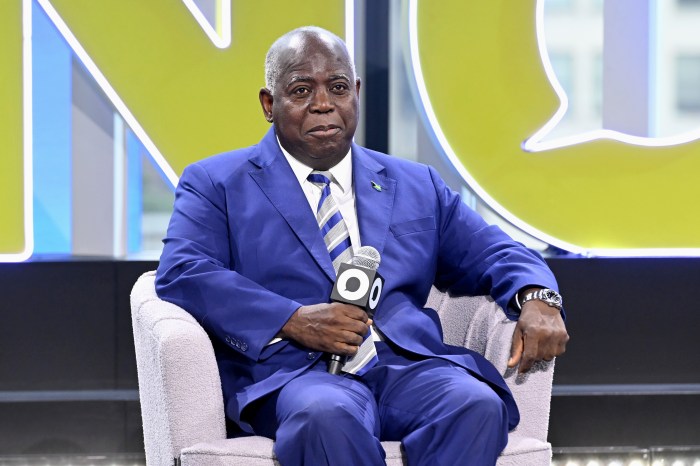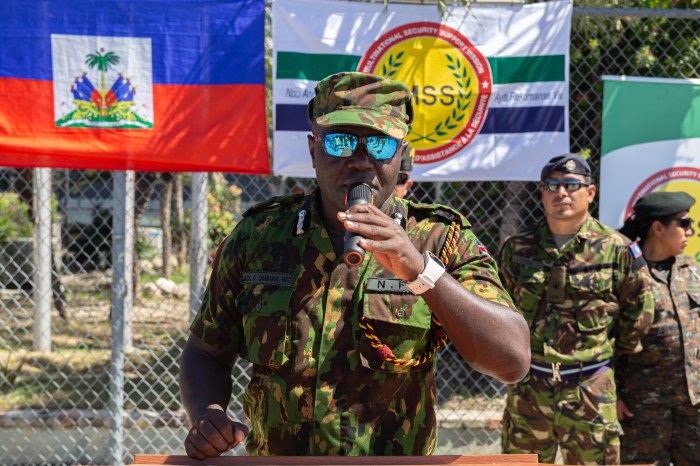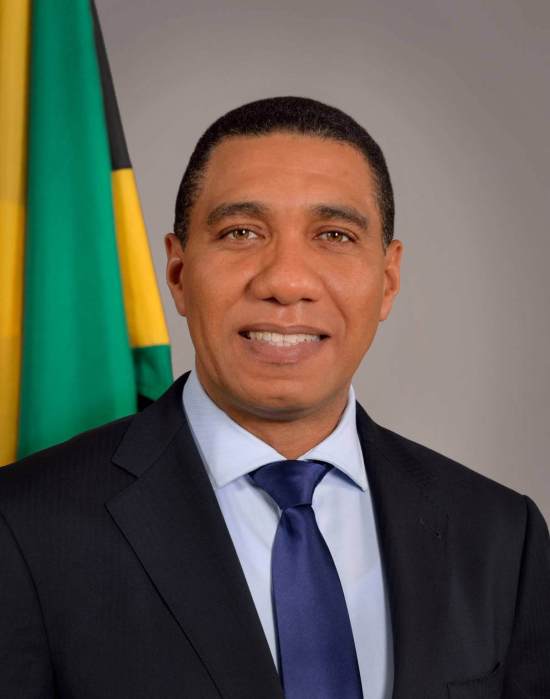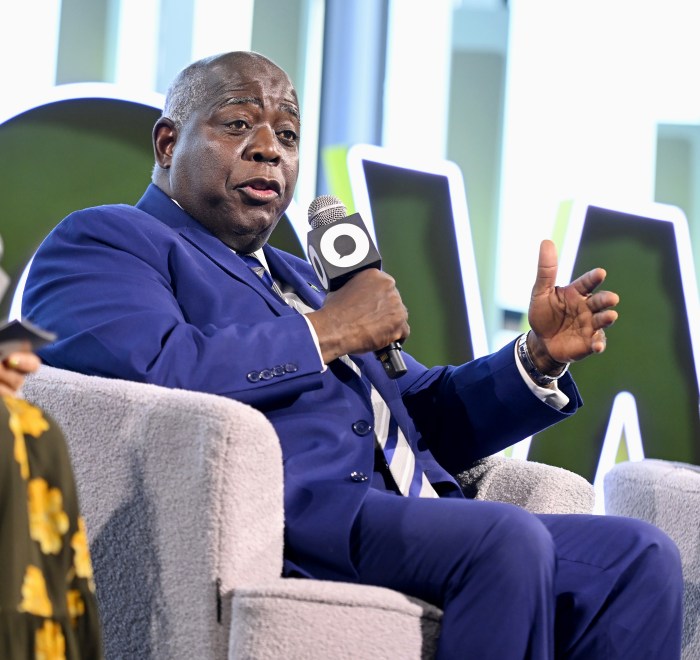Describing Haiti’s worsening security and humanitarian situation as distressing, Guyanese President and current CARICOM Chairman, Irfaan Ali Thursday said regional leaders are working around the clock and non-stop to try to push Haitian stakeholders to a political consensus that could help stabilize the security situation in the regional bloc member nation.
In brief remarks at a Guyanese police conference, blamed his late arrival at the conference on incessant telephone calls, messages and consultations about Haiti, noting that “it is indeed a distressing situation for the region but we have a responsibility to do everything we can do to enable the Haitian people to find a consensus, to find a path that is Haitian led and Haitian owned in bringing together a level of stability and normalcy that the Haitian people so richly deserve.”
He spoke hours after the Barbadian government announced plans to contribute troops to any multinational force headed to Haiti to take on heavily armed gunmen controlling large parts of the capital and hours, as well, after Bahamian lawmakers clarified the country’s planned role in the peacekeeping mission.
Lt. Col. Carlos Lovell, military adviser to the Barbadian Defense Force, said this week that Bajan soldiers would be part of the regional contingent.
“There are members of the force who are engaged in pre-mission training, preparing them not just physically, not just with regard to security operations and tactics but also from a psychological standpoint to face the challenges when we do arrive in Haiti as part of a multinational task force. It is clear that Haiti, even with a homegrown solution, will need the support of not just CARICOM but the international community,” Lovell told reporters. “We in CARICOM are fully committed to utilizing all our efforts and all our energies and dedicated as a collective on this pressing matter of Haiti. We have committed troops, manpower, equipment and supplies to be able to be part of that multinational response to the unrest in Haiti.”
The Bahamas, meanwhile, offered details on its long promised role in Haiti saying its troops will be helping to fortify Haiti’s marine space only.
“Our commitment is 50 people in three-month rotations,” Security Minister Wayne Munroe was quoted by the Guardian as saying. “As far as I’m aware, our commitment with the Haiti situation from the outset, from about 2020 or 2021, was to assist in training the coast guard element of the Haitian national police, as we are one of the preeminent navies in the region. And as the issue developed about the deteriorated state of Haiti, their need for maritime security, the current disposition of The Bahamas’ government in terms of planning, our position is we have offered maritime security, which would mean sending an officer or patrol craft off the coast of Haiti outside of their territorial waters to intercept contraband coming in and to turn human smugglers back with migrants,” he said.
Local authorities would have to settle the terms of engagement before any troops are deployed.
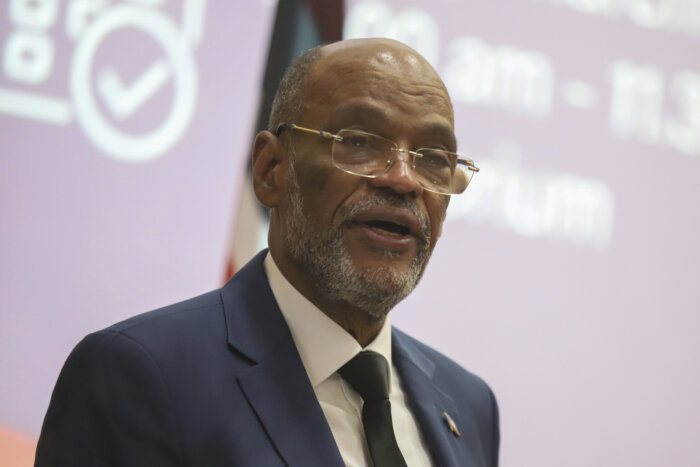
Jamaican government officials are in the meantime, tight-lipped on whether embattled Haitian Prime Minister Ariel Henry could be granted political asylum there as he has been locked out from returning from recent trips to Guyana and Kenya.
Armed gunmen have threatened to assassinate him if he returns. “He is not here, he is not on his way here. These are things I can state definitively,” Foreign Minister Kamina Johnson Smith told the Observer, as local memories click back to the fate of former President Jean Bertrand Aristide – who was exiled in Jamaica after the US and other nations ousted him in 2004 and flew him out of the country to Africa and later then to Jamaica.
As speculation mounts that Henry would fly from his temporary exile point in Puerto Rico, the Jamaica Defense Force, like The Bahamas, has stepped up sea patrols in waters towards Haiti, to minimize human trafficking and economic migrants as boat people.
“The JDF remains cognizant of the developing situation in the Republic of Haiti and maintains a heightened state of readiness pursuant to the preservation of Jamaica’s national interests. In keeping with that intent, the maritime air and cyber command is exercising sea control in the Jamaica-Haiti Gap, utilizing surface and aerial assets in the transit zone as a continuation of our campaign to prevent the landing of illegal migrants,” head of the Army’s Communication Unit Major Kayson Gunzell,” the force said.


